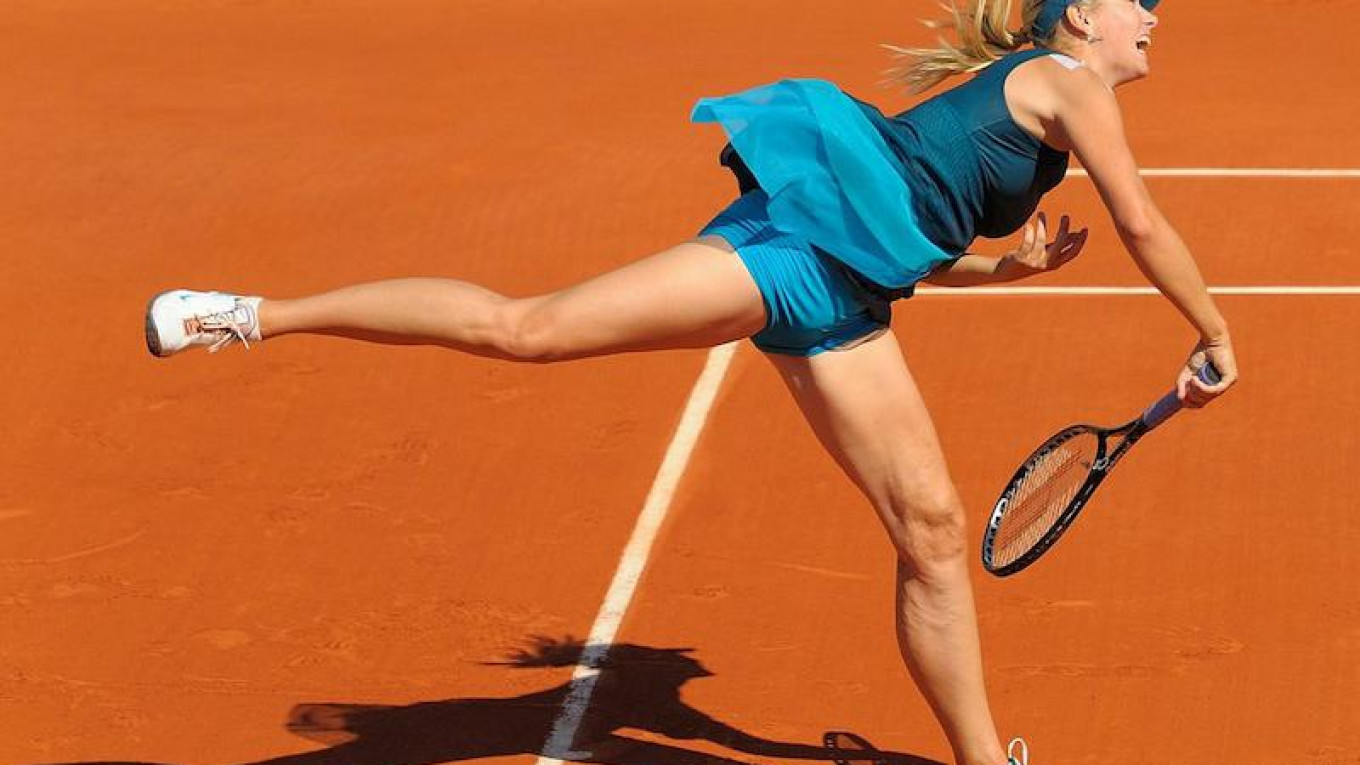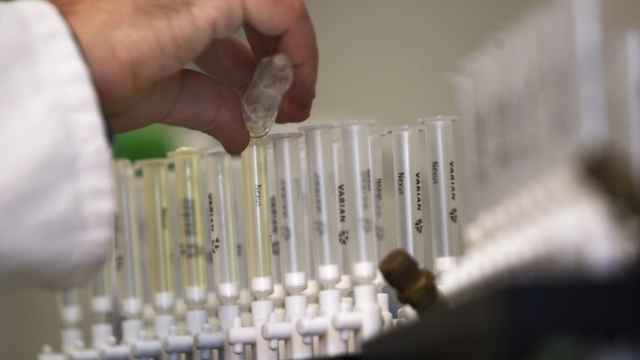Russian tennis star Maria Sharapova can return to competition in 2017 after her two-year suspension for taking meldonium was reduced by nine months.
The Court of Arbitration for Sport (CAS) in Lausanne, Switzerland reduced the ban for the former world champion on Tuesday, as was widely expected.
It leaves the door open for Sharapova to return to competitive tennis from April next year, 15 months after testing positive for the banned substance Meldonium, a heart disease drug, in January this year.
In a statement on social media, the athlete, a five-time Grand Slam winner, said she was “counting the days” until her return and also thanked her fans for their support.
CAS ruled that Sharapova was not trying to cheat, but stated that she "bore significant fault for her violation" and failed to give her agent adequate instructions" to check WADA's banned substance list.
Since announcing her suspension in March, Sharapova has taken personal responsibility for having taken the drug, which she says she took for ten years as a treatment for pre-diabetes.
In her statement, Sharapova said she hoped the ITF and anti-doping authorities could use her case to improve its practices of notifying athletes of changes to banned substance lists, “so no other tennis player goes through what I went through.”
There is still no consensus on how much time it takes for the drug to leave the human body and therefore whether athletes were given sufficient warning before it was placed on the World Anti-Doping Agency’s (WADA) list of banned substances from Jan. 1 this year.
Following her ban, however, it was widely reported that Sharapova had received five notifications from tennis authorities that the drug would be banned in the month before the ban came into force.
A Message from The Moscow Times:
Dear readers,
We are facing unprecedented challenges. Russia's Prosecutor General's Office has designated The Moscow Times as an "undesirable" organization, criminalizing our work and putting our staff at risk of prosecution. This follows our earlier unjust labeling as a "foreign agent."
These actions are direct attempts to silence independent journalism in Russia. The authorities claim our work "discredits the decisions of the Russian leadership." We see things differently: we strive to provide accurate, unbiased reporting on Russia.
We, the journalists of The Moscow Times, refuse to be silenced. But to continue our work, we need your help.
Your support, no matter how small, makes a world of difference. If you can, please support us monthly starting from just $2. It's quick to set up, and every contribution makes a significant impact.
By supporting The Moscow Times, you're defending open, independent journalism in the face of repression. Thank you for standing with us.
Remind me later.






